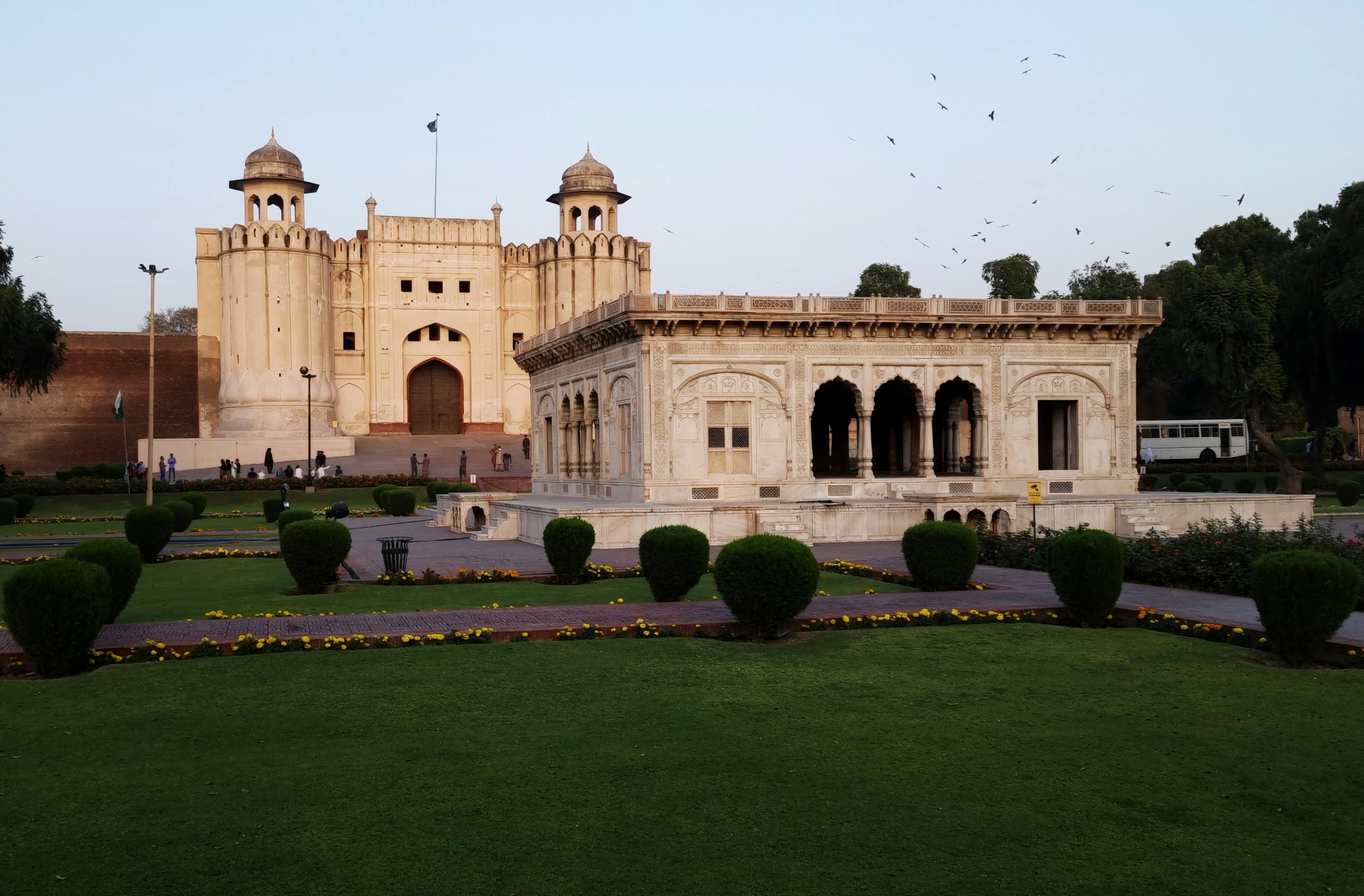Pakistan’s latest GDP revision from the Pakistan Bureau of Statistics has turned heads for good reason. As reported by Bloomberg, economic growth for FY25 has been revised upward to 3.04%, but it’s the final quarter that stands out: 5.66% expansion between April and June 2025, well above market expectations.
What matters isn’t the number itself. It’s the composition and continuity behind it. From 1.8% in Q1 to 1.9% in Q2, then 2.8% in Q3, the data shows a pattern of compounding momentum. That kind of steady build is how recoveries become structural.
From Consumption to Production
The Q4 surge wasn’t fuelled by short-term consumption or external inflows. It was built on real output. The industrial sector grew by nearly 20%, with strong rebounds in automobiles, transport equipment, and construction materials. The construction industry expanded by 17.6%, while electricity, gas, and water supply jumped 121% on improved supply stability and lower input costs.
Together, these figures show something Pakistan hasn’t achieved in years: productivity-led expansion rather than liquidity-led survival.
What Markets Are Seeing
International sentiment is catching up. Fitch, Moody’s, and S&P Global have all improved Pakistan’s ratings outlook in the past quarter, citing fiscal reforms and external stability. Bloomberg data now places Pakistan among the top two global economies for the sharpest fall in default risk since mid-2024, down over 2,200 basis points.
For global investors, that’s not just a headline; it’s a signal. A lower sovereign risk premium narrows borrowing costs, unlocks credit markets, and changes how institutional money perceives exposure. In plain terms, Pakistan’s risk is being repriced, and that repricing always precedes renewed capital flow.
The Geopolitical Layer
The formation of Pakistan’s new 18-member economic committee for Saudi engagement is another overlooked structural signal. For decades, Gulf partnerships have been episodic, loans, oil, or ad-hoc relief. This committee, however, formalises an institutional mechanism for economic dialogue, fast-tracked approvals, and cross-ministerial execution.
Saudi Arabia’s evolving investment strategy, moving from aid to asset acquisition, aligns with Pakistan’s need for long-term capital in mining, petrochemicals, agriculture, and logistics. If executed with transparency and speed, these bilateral frameworks could become the backbone of regional economic cooperation.
The Broader Investment Thesis
When sovereign credibility strengthens, so does every asset class below it. Lower default risk brings down yields, banks extend lending tenors, and corporates resume capital expenditure. It’s a textbook chain reaction:
- Risk compresses → funding becomes cheaper.
- Funding lengthens → investment becomes viable.
- Investment deepens → jobs, wages, and urban demand expand.
That is how structural growth translates into real economy transformation, and why this phase feels fundamentally different from Pakistan’s past cycles of recovery and relapse.
Why It Matters for Long-Term Investors
For global investors evaluating markets to invest in 2025, Pakistan is not entirely an unexpected contender. Industrial expansion is driving income growth; sovereign upgrades are improving capital access; and policy coordination with Gulf economies is building a credible foreign investment pipeline.
Historically, these are the exact conditions that precede urban real estate booms, not speculative bubbles, but steady appreciation tied to employment and infrastructure. When factories reopen and trade resumes, cities expand. Housing follows capital.
Looking Forward: A Case for Structure Over Sentiment
Pakistan’s FY25 data, coupled with its improving credit profile, suggest a country gradually shifting from volatility to structure. The most interesting markets are often the ones that were previously dismissed. A year ago, Pakistan was grouped with economies on the edge of default. Today, it’s one of the few emerging markets showing consistent risk improvement, industrial reacceleration, and political alignment with key regional capital sources.
That’s not a miracle, it’s the foundation of a long-term investment cycle.
One Homes is a British developer creating secure, institutional-grade real estate pathways for overseas investors in emerging economies. Our developments combine transparency, management excellence, and long-term value creation, offering access to markets where structure is replacing speculation.
Recent News

.jpg)

